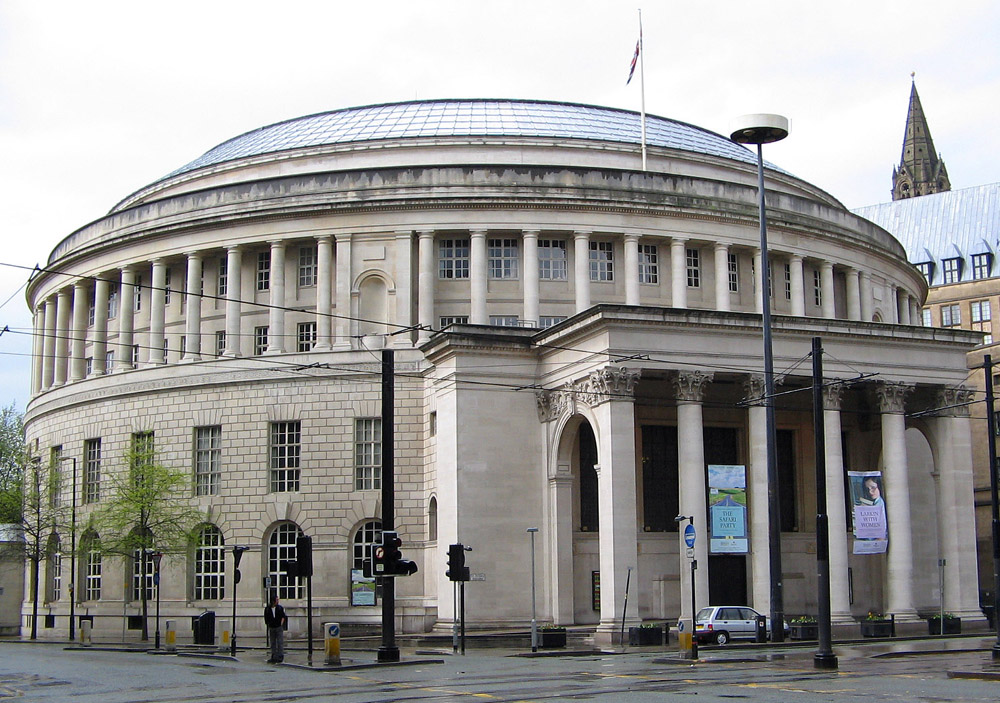 |
John Gall's original cover design for the Vintage edition,
reissued in 2005.
This cover design was never used - it was too suggestive. |
Recently Dan Carpenter started a blog trail
(over here). He
shared the story of a book that changed how he thought about books and writing,
when he was around 14 or 15. And he invited two other bloggers to share their
stories of the books that changed them as adolescents.
The idea was based on
the formative nature of our early teenage years & how, sometimes, a book
read at the right time will shape the way you think about books and change your
brain forevermore. It’s certainly true that some books must be read at a
specific age or time in your life to mean much to you. I read Fahrenheit 451 in my 20s – it was way
too late & I found it adolescent & tedious. I read Animal Farm when I was 12, and I was like, ‘WHOA. SATIRE.’ I’m sure
it wouldn’t feel like that if I were to read it again.
Simon Sylvester &
Dave Hartley took up Dan’s challenge –
and Dave invited
Ben Judge and me. I have taken quite some time thinking over this. Because, while
Animal Farm introduced me to satire, it
hasn’t really affected how I think about literature or as a writer. Trust me, I
am no satirist. And as an adult, many books that I’ve read have influenced me
& changed how I think about literature (
Kavalier
and Clay, House of Leaves).
But I’ve been trying to nail down which book deeply affected
me when I was a young teenager, when I was 14 or 15. I wasn’t able to just run
a finger across the spines of my book collection – at this point, my book
collection is scattered across two continents, in 3 basements & a seriously
overstuffed bookshelf. Oh, and some are propping my bed up to keep it from
breaking. Seriously.
Here’s the thing:
As a teenager, I was in advanced literature classes
throughout high school (ages 13-17). For the first year, it was fairly easy
going. We read a lot of shortish novels (Heart
of Darkness, The Metamorphosis, The Portrait of Dorian Gray) and extracts
from longer novels (Great Expectations).
We did a few weeks on poetry & a few weeks on grammar. I loved the few
weeks of poetry. I loved it so much I tried to write my own poetry. I loved the
alliteration & clever tricks of language. But my poems were terrible. I had
to stop writing poetry.
And then shit got real.
10th grade: we read a novel every fortnight &
wrote a paper on every one. (The Great
Gatsby, The Crucible, Death of a Salesman)
11th grade: we read 10 Shakespeare plays &
wrote a paper on every one. Some of them were easy (Romeo & Juliet, Twelfth Night). But some of them weren’t (Richard III).
12th grade: we read a novel every week &
wrote a paper on every one. (Crime and
Punishment, Catch-22, The Grapes of Wrath, Tess of the D’urbervilles)
We had reading lists for the summer holidays (usually about
6 books) and a paper was due on one of them for
the first day of class. I had 6 other classes to attend every day, with
their own Advanced Placement statuses & their own ridiculous amounts of
homework. To clarify: AP Biology, AP Spanish, AP History, as well as 12th
grade maths, chorus & another class that I don’t remember now.
This sort of education ensures that I have read more of the
‘classics’ (don’t let’s start) than many of my British peers. It ensured that I
easily earned highest marks on my Advanced Placement exam – I got really good
at reading & comprehending vast sections of text quickly, picking out a
major theme, finding a few quotes & passages to back up my argument about
said theme, and writing a paper about that book damn fast. I still appreciate
this education – I like having the skills to understand the book behind the
plot. But it came at a price.
By the end of 12th grade, I could read a book and
analyse a book within 2 hours. In fact, I was analyzing it as I read it. I never properly read a book; I was just sifting
through them for themes/passages/quotes that I could use for the paper I’d have
to write the next day.
Many of those books affected me deeply – I have re-read some
in more recent years – and I still find them moving and wonderful and resonant.
But at the time of first reading, I was simply a bulldozer, ploughing through
words, powered by a relentless curriculum.
It wasn’t until later – the summer after high school, I was
nearly 18 – that I got my ‘this one book.’
Nabokov’s Lolita
That summer, for the first time, I had the leisure to read,
re-read, absorb and truly relish my reading – but not all the books I read that
summer (ahem. Harry Potter) mattered
like this one. For Humbert Humbert and for me, Lolita changed everything.
-----
Well-spoken, well-written English is revered round my house.
I didn’t start saying “y’all” and “ain’t” until I had moved out & was
nearly 20 – it was a quiet rebellion, as I slowly allowed my mouth to take in
and form and create the Southern accent & colloquialisms I’d never been
allowed to have at home.
Perhaps well-spoken, well-written English is revered round
my house because my parents were born just as the British were wrested from
India – and empire has a slow way of diminishing in hearts and minds, if not in
land and influence. English, I remember being told, is the most expressive of
all languages because it has more words
than any other language & whenever it doesn’t have a word for something, it
gladly makes one up.
Or maybe well-spoken, well-written English is revered round my house because it
isn’t in great quantity. We are a bilingual family and it seems our English is
all mixed up em-thhem Gujurati ne Hindi
sathe. Though English is not my first language, I did well at school &
I’ve never had much trouble with English – but I never thought I’d be able to
write it all that well. I had one too many languages in my head & being
able to write well meant, in my mind, knowing one language (preferably English)
extremely well. To write, one must be expert in English – to be expert in
English, one should probably not have a Gujurati/Hindi-based confusion between,
say, ‘turn off’ and ‘close’ or between, maybe, ‘tall’ and ‘long.’
(I regularly ask my husband to close the light & I often
notice, in passing, that that stranger across the street is very long. He must
be at least 6’6”.)
But then. Lolita.
From its first poetic sentence to its
first-person oh-so-entirely-unreliable narrator to its achingly, head-shakingly clever tricks
of deception, etymology & pronunciation, Lolita
had me.
With its repetition, its way of playing with the Russian sounds in
English words, its crafted, lyrical language, Lolita had me.
Nabokov became some sort of multi-lingual hero to me. He
apologises, at the beginning of the book, for any poor English he displays. English,
he explains, is not his first language. He apologises, in essence, for using
English better than most monolingual writers of English.
Lolita taught me that I could be poetic without being a
poet, and I could write well even though I was bilingual – that in fact, being
bilingual might even help.* **
I know Nabokov affected my writing, though I didn’t start
writing until over a decade later, because I still recognize my rather
unsuccessful attempts to emulate his lyricism and cleverness.
Lolita affected my
reading, too – for the first time, I enjoyed a ‘classic,’ lingering over the
pages, marveling at this particularly clever little rhyming dance, sighing over
that lovely turn of phrase, wistful and envious of the author’s skill. Humble
humburger and I were entirely unprepared for Lolita’s magic. I’ve never felt beauty in language quite like it
again.
Lolita changed
everything.
-------
To keep the blog trail going, late as I am to it, I'd like to invite
2.
Fat Roland, because I get the sense that once that guy learned how to read, he pretty much just couldn't effing stop.
-------
* In fact, I later learned Nabokov was fluent in
approximately 6 languages. I began to despair. “One could,” I thought, “do these things, but perhaps only if one was
Nabokov himself.
** Don’t worry, I’ve recognised all these nasty vestiges of
imperial thought & gotten them out of my head since 1999, when I first read
Lolita.

















































